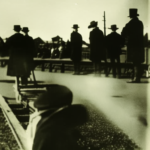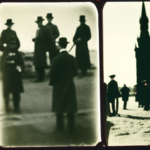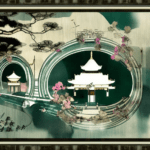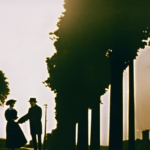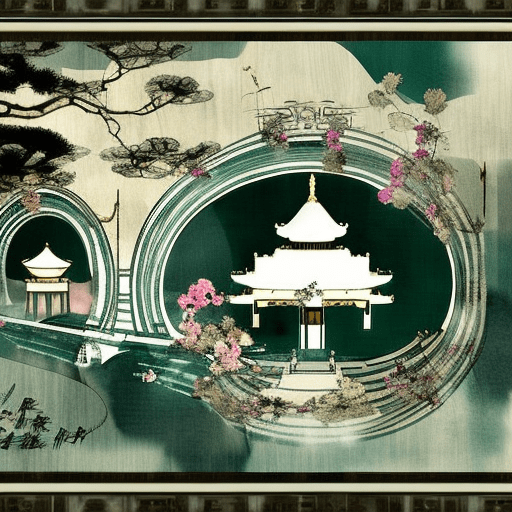One-line Summary:
Pavilion of Women is a captivating novel that explores the complexities of love, marriage, and personal growth in 1930s China.
Introduction:
Pavilion of Women, written by Pearl S. Buck, takes readers on a journey through the intricacies of love, marriage, and personal growth in 1930s China. The novel revolves around Madame Wu, a wealthy and respected woman who decides to take an unconventional path in her life. As she approaches her fortieth birthday, Madame Wu seeks to free herself from the societal expectations placed upon her as a wife and mother. Through her actions, she challenges the traditional roles of women in Chinese society and embarks on a quest for personal fulfillment.
Madame Wu’s Unconventional Decision:
At the heart of the story is Madame Wu’s decision to invite a young concubine, Ch’iuming, into her home to satisfy her husband’s desires. This decision, though initially driven by a desire to please her husband, ultimately becomes a catalyst for Madame Wu’s own personal growth. As she observes the relationship between her husband and Ch’iuming, Madame Wu begins to question the nature of love, marriage, and her own desires. This unconventional arrangement forces her to confront her own feelings of loneliness and dissatisfaction within her marriage.
A Journey of Self-Discovery:
As Madame Wu delves deeper into her own desires and aspirations, she embarks on a journey of self-discovery. She seeks solace in the teachings of a young scholar, Brother Andre, who introduces her to new ideas and philosophies. Madame Wu finds herself drawn to Brother Andre’s intellect and passion, and their relationship becomes a source of emotional fulfillment for her. Through their conversations, Madame Wu begins to question the societal norms that have confined her for so long and explores her own desires for love and companionship.
The Complexity of Love and Marriage:
Throughout the novel, Pavilion of Women explores the complexities of love and marriage. Madame Wu’s relationship with her husband, while initially based on duty and societal expectations, evolves into something more nuanced and profound. As she navigates her own desires and the expectations placed upon her, Madame Wu grapples with the idea that love can take many forms and may not always align with societal norms. The novel challenges traditional notions of love and marriage, highlighting the importance of personal fulfillment and emotional connection.
Key Takeaways:
- Challenging societal expectations can lead to personal growth and fulfillment.
- Love and marriage are complex and can take many forms.
- Self-discovery is a lifelong journey.
“Love is not a thing that can be understood, but only felt. It is limitless, and it is timeless.”
Conclusion:
Pavilion of Women is a thought-provoking novel that explores the complexities of love, marriage, and personal growth. Through Madame Wu’s journey, readers are invited to question societal expectations and explore the depths of their own desires. The novel serves as a reminder that love and fulfillment can be found in unexpected places and that personal growth is a lifelong pursuit.

